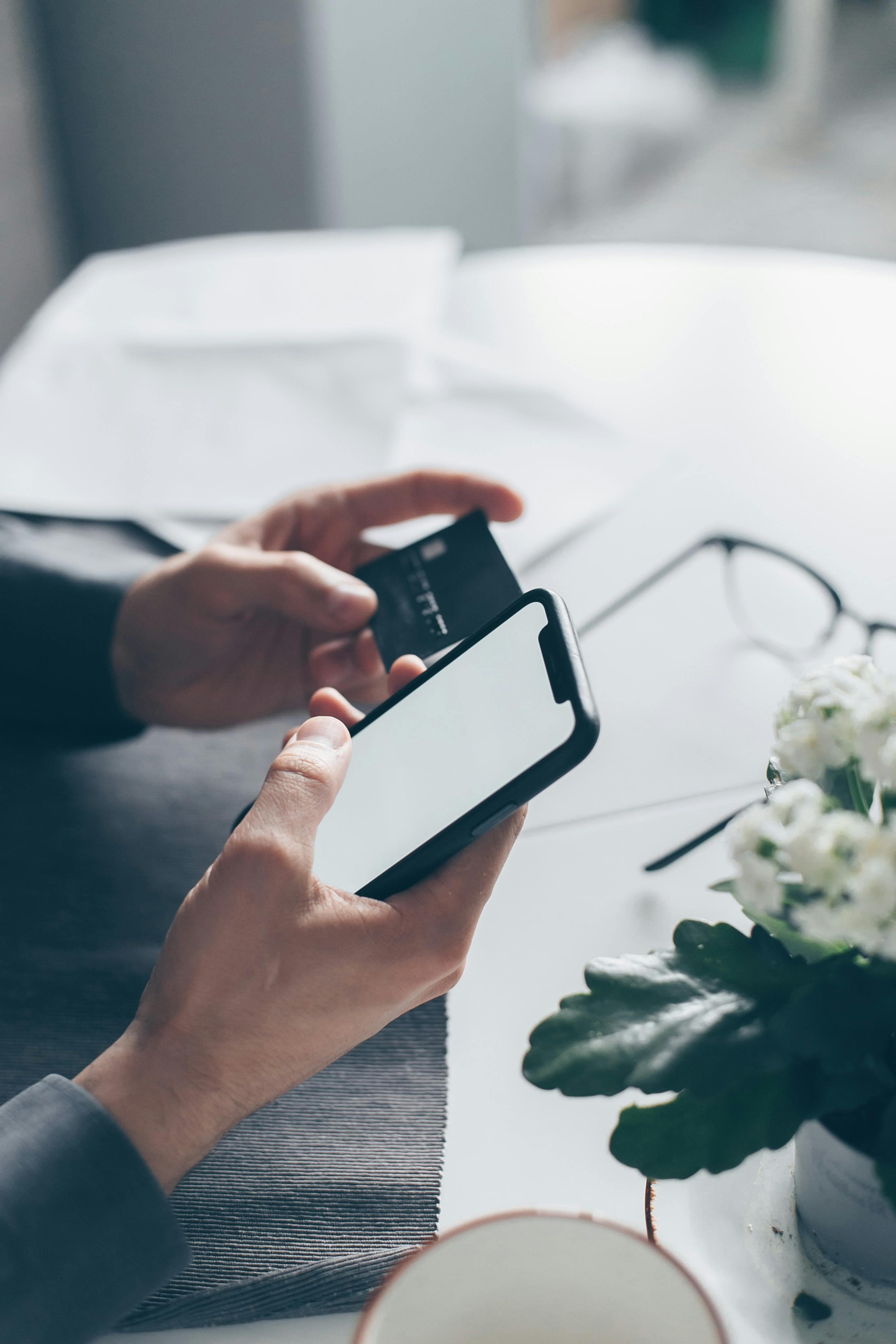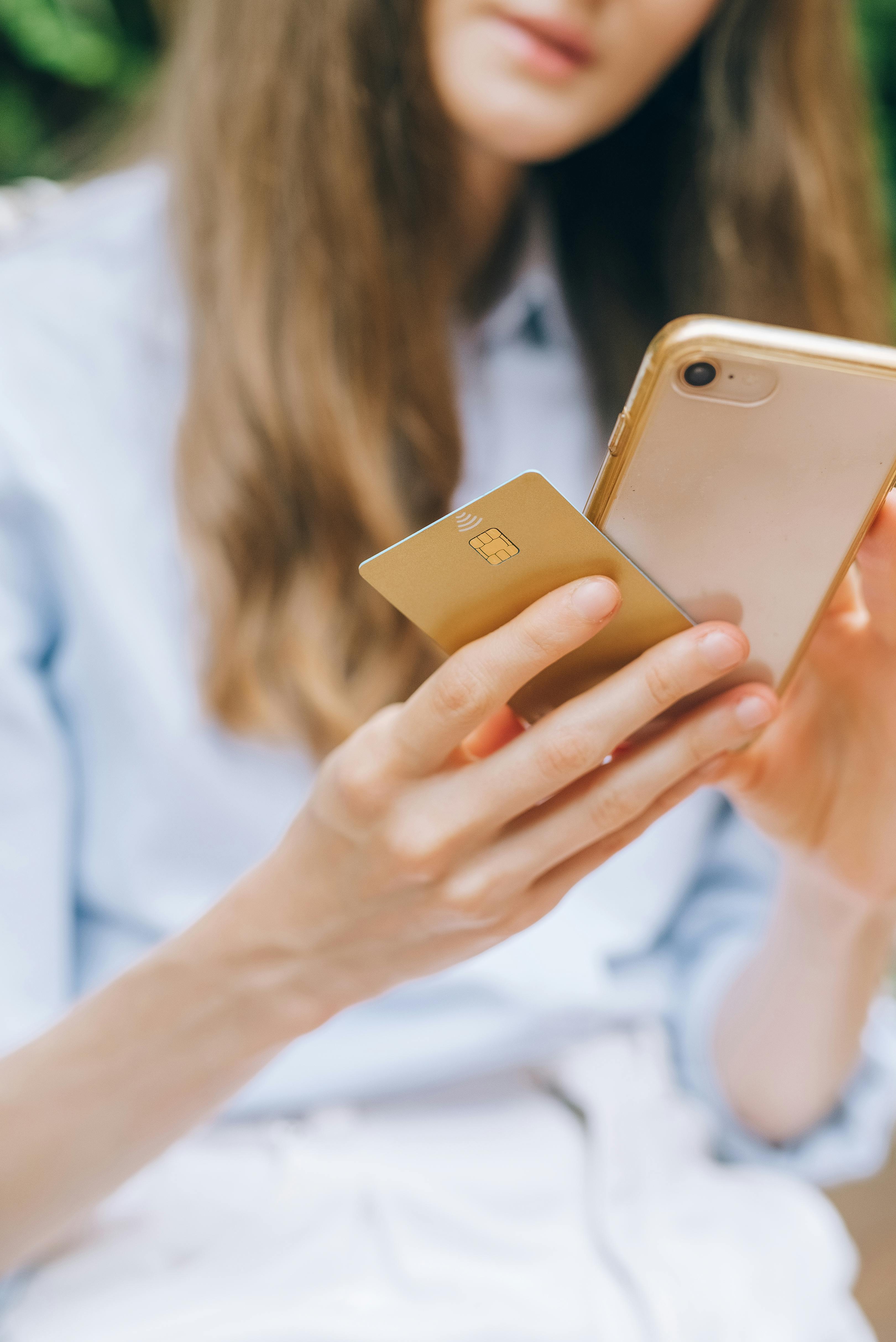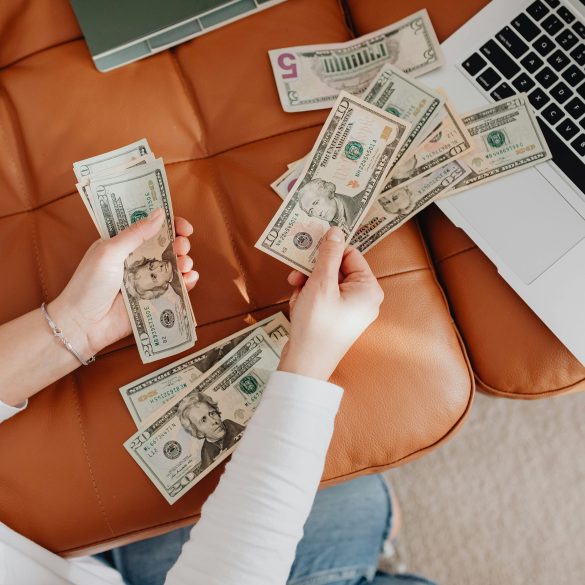Simple Digital Banking Habits for Money Security in Haiti: Beginner’s Guide
Ever found yourself staring at a bank app, unsure if a tap will help or hurt—especially when everything about your money seems vulnerable in a changing world? Trust me, I’ve been there. Haiti’s financial environment isn’t just challenging; it’s genuinely different. Whether you’re a student in Port-au-Prince just learning to manage savings, a market vendor worried about scams, or an entrepreneur rebuilding after recent storms—digital banking can feel like both opportunity and risk at once. I want to unpack all that, honestly and simply, with stories and lessons from my years helping Haitians secure their savings in unpredictable times.
This guide is for anyone who’s لا a finance pro (yet!), for families trying mobile money for the first time, and for anyone curious how “simple habits” can genuinely make you less likely to lose hard-earned gourdes. My approach? Clear steps, real mistakes, and why you shouldn’t feel bad about being suspicious. Actually, back when digital wallets first landed in Haiti—a lot of us made errors, lost cash, and only learned the true “safe way” later. Here’s everything I wish I’d known then, adapted for today.
Why Digital Banking Matters in Haiti
So, let’s get real—why is digital banking suddenly everywhere in Haiti? In the last five years, smartphone usage has shot up, mobile money has become standard business practice, and, let’s be honest, physical banks aren’t as accessible for everyone as they should be1. In my experience, early adopters had a rough time; outages, hacks, and misinformation—there’s a reason Haitians are cautious, and scepticism isn’t just… insecurity. It’s survival.
“The ability to access banking through a phone is transformational in countries where geography and infrastructure limit physical branch networks. In Haiti, this means real-world financial inclusion—if you know how to protect yourself.”
In short, mobile banking is now the doorway to opportunity for Haitians, but only if you learn to spot scams, protect passwords, and start with habits you can actually stick with—a lesson I learned the hard way, after losing half a month’s salary to a “miracle account unlocker.” (Don’t get me started on that.)
Risk vs Opportunity: The Basics
- Physical risks (theft) drop, but cyber risks rise.
- You control your account (“solo power”) but can get locked out easily.
- Convenience explodes, but so does exposure to new scams.
On second thought, maybe “digital vs cash” isn’t even the real question; it’s “how do you build habits that actually make things safer, not just faster?” I’m still learning, honestly—every update brings its own headaches.
Simple Habits for Beginners: Where to Start
- Start with official apps—don’t trust random links from SMS.
- Always set a unique PIN or password that isn’t your birthdate or “1234.”
- Update your app as soon as an update appears; old versions are hacker targets.
- Check balances weekly, not just monthly—even on payday.
If you mess up a login or forget a PIN, you’re absolutely normal. My own accounts have been locked twice for “suspicious activity”—one time just because I logged in at a different time than usual. Here’s what matters: learning from each error, and never sharing details (not even with close friends), even if someone claims it’s “urgent.”3
Local Context—Did You Know?
As of 2024, Haiti boasts more mobile money users (over 2 million) than traditional bank account holders. Yet only 7% have received formal training in digital security—a gap local nonprofits are scrambling to close4.
Pause here and consider: if almost everyone around you has the tools but only a handful know the safety basics—what small step could make the biggest difference in your own life? That thinking led me to this very post.
Practical First Steps: Security Essentials
Here’s the truth: when you make the leap to digital banking in Haiti—or anywhere, really—the first enemy isn’t hackers, it’s bad habits. I still remember helping a neighbor set up their first mobile wallet, only to realise they wrote their PIN on the back of their phone case. Not great! It’s not about paranoia, but about routine that actually sticks. So, let’s break down the security basics in human language, not banker jargon.
Simple Security Checklist (Haiti Edition)
- Keep passwords off your phone. Memorise it if you can—otherwise, write it down somewhere only you can find. (No, not an email draft!)
- Never use public Wi-Fi for financial transactions. Wi-Fi in cafes or tap-tap buses can be hijacked faster than you think5.
- Verify every SMS and email. If it asks for account info or offers free money—it’s a scam. Call your bank using the official app support line before clicking anything.
- Set app alerts for every transaction. That way you spot “weird” activity before money actually disappears6.
Common Mistakes—and How to Bounce Back
- Forgetting update schedules—set monthly calendar reminders.
- Using the same password for everything—it’s worth creating unique ones (even if it takes extra effort).
- Ignoring “small” unauthorized transactions—noticing a few lost gourdes early can prevent bigger losses later.8
“Consistency—checking accounts every week, never sharing codes, updating apps—matters more than any ‘advanced’ trick when it comes to digital money safety, especially in environments where people may not have formal cyber education.”
And yes, I’ve made every mistake on this list—which now means I’m quicker to forgive family and friends who goof up their PIN. No one’s perfect.
Did You Know? Internet Trends in Haiti
Which brings up a crucial question: Have you ever talked about money safety with your family—or do you just assume everyone’s got it under control? What struck me most working on financial literacy projects in Cap-Haïtien is just how many people think bank apps are “automatic protection,” when the reality is the opposite. Manual checks and questions are what keep you safe.
Mobile Money App Comparison Table (Haiti)
| اسم التطبيق | Security Features | User Reviews | Language Options |
|---|---|---|---|
| MonCash | PIN, SMS alert, biometric login | Mostly positive; robust fraud alerts | Kreyòl, French |
| Unibank Mobile | App lock, two-factor authentication | Mixed; app updates sometimes lag | French, English |
| Natcom Pay | Password protection, quick support | Positive for quick transfers | French, English |
What’s less obvious is that people switch apps based on language and customer service, not just features—a lesson I learned after a market woman insisted French instructions were more trustworthy than Kreyòl ones, no matter what the tech specs said.

Building Habits: Staying Safe over Time
Let’s be honest: anyone can follow safety tips for a week, but it’s what you do month after month that determines whether you’ll avoid trouble or join the “I lost money in my first year” club (yes, that’s a real thing in my circles). I wish more guides admitted that habits fail when life gets busy or technology overloads you. So here’s how I—and countless Haitians learning along the way—actually build digital money security for the long haul.
Routine-Builder Tips for Beginners
- Pair money checks with another weekly habit. Maybe on Sunday after church, or Wednesday before market runs. I found pairing it with phone charging somehow helps.
- Reward yourself after checking your accounts. Grab a juice, take a break, or celebrate in a small way—habit formation science works, even for finances11.
- Teach the youngest family members. If a teenager can question a sketchy email, your household will spot scams faster.
“Money security isn’t just about avoiding bad actors—it’s about building habits that become second nature. The families who make digital banking work don’t just learn rules, they embed routines in daily life.”
On second thought, I’ve realized that teaching kids (and elders!) actually strengthens my own discipline. Last month, my son caught a suspicious SMS before I even looked—which, frankly, was humiliating but impressive. That’s why “habit stacking” works: one action boosts others, even across generations.
How to Spot Problems Early
- Watch account activity for “odd” logins or transfers—even if amounts are small.
- Double-check every app notification with a family member if in doubt.
- Review monthly statements for unfamiliar merchant names; ask about each before ignoring.
- Contact official support channels—not SMS senders or random phone numbers.
Sample Monthly Money Security Plan
| Week | Key Habit | هدف | Support Needed? |
|---|---|---|---|
| Week 1 | Update app & password | Block new hacks | لا |
| Week 2 | Check recent transactions | Spot fraud | Maybe (ask family) |
| Week 3 | Practice scam spotting (quiz family) | Reduce risk | نعم |
| Week 4 | Review overall habits (celebrate progress) | Spot mistakes & adjust | لا |
Ever notice how complicated advice gets overwhelming? That’s why I recommend single steps—one thing per week, paired with family Q&A. Actually, I think community sharing beats “advanced” banking seminars nine times out of ten.
Advanced: Future-Proofing Your Money Security
- Enable two-factor authentication on every app that offers it.
- Ask for training on security from your local bank, even if it’s informal.
- Experiment with budgeting tools—they help track spending across multiple wallets13.
- Connect with trusted community groups or WhatsApp circles dedicated to safe banking.
Pause here and ask: what’s a step you’ve never tried? I’m still learning about budgeting; maybe this month I’ll finally test that “spending tracker” app Marie-Sara keeps recommending.
Long-Term Strategies & Future-Proofing
If you’ve made it this far, congratulations—you’re further along the digital money security journey than the majority in Haiti. The toughest part now is consistency, especially when apps update, scammers get smarter, and your own life throws curveballs. Let me clarify: lasting safety is never about perfection. It’s about resilience, knowledge-sharing, and adapting as things change.
FAQ: Common Beginner Questions
- What if I lose my phone? Immediately contact your app’s official support line—disable wallet access and reset credentials.
- Are digital wallets better than cash? Depends on your needs; wallets offer extra convenience but require new vigilance against unfamiliar risks.
- Can I trust digital banking promotions? Treat every “bonus” with skepticism until verified through official channels.15
What really strikes me is how much peer learning surpasses formal workshops—family and friends catching each other’s slip-ups, sharing fraud stories, and adjusting routines. It’s how nearly every successful money-saver I’ve met in Haiti actually wins.
Checklist: Staying Safe Year-Round
- Set annual app update reminders (January/July work best).
- Re-check security settings after every major news about cybercrime in Haiti.
- Teach someone else your best habit—every time your routine shifts.
- Join a WhatsApp or Facebook group focused on safe digital finance.
مراجع



